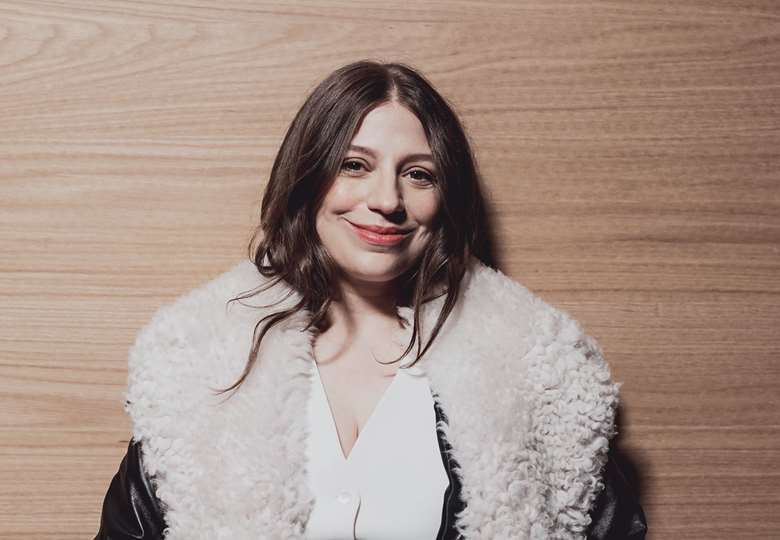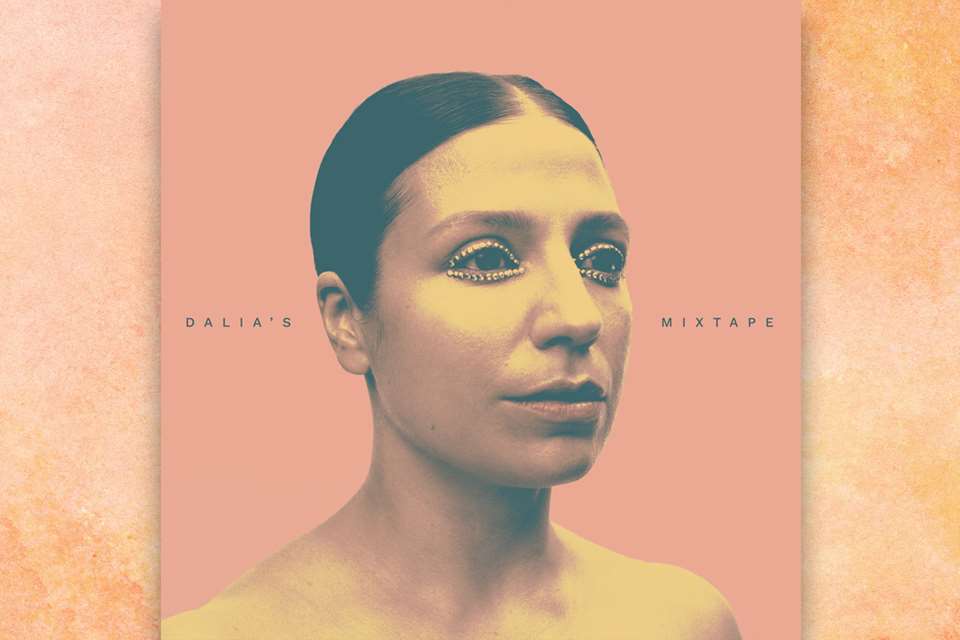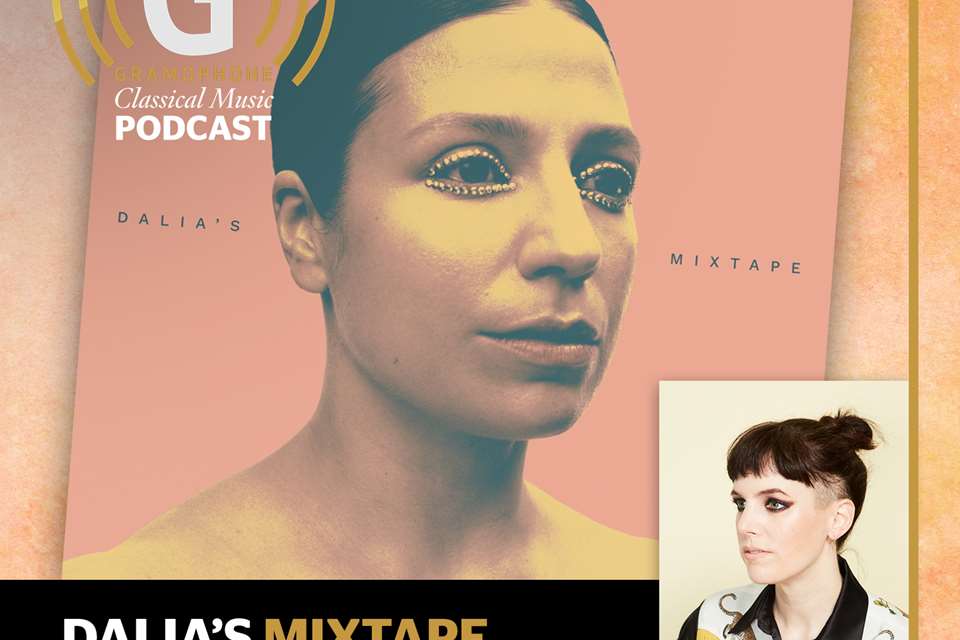Dalia Stasevska interview: ‘Our tradition is exceptional. But there are new paths to explore’
Kate Molleson
Friday, April 19, 2024
From bridging genres to challenging cultural expectations, Dalia Stasevska is a conductor for our modern times

Register now to continue reading
Thanks for exploring the Gramophone website. Sign up for a free account today to enjoy the following benefits:
- Free access to 3 subscriber-only articles per month
- Unlimited access to our news, podcasts and awards pages
- Free weekly email newsletter










